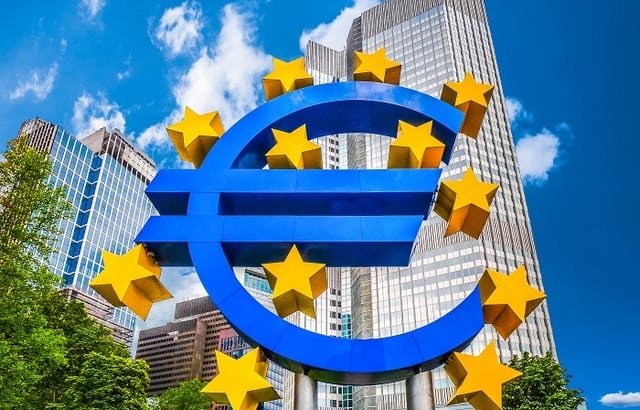But what does this mean for fixed interest markets supported by QE for so long? Consultancy Pantheon Economics has suggested government bonds should be able to cope, but it has queried whether that also applies to corporate credits.
In a note, it says: “We have little objection to the idea that sovereign bond markets will take the end of QE in their stride. Excess liquidity in the eurozone economy remains ample, and economies in the periphery now run external surpluses. This means that they can finance themselves without the help of foreign inflows, even as the ECB exits the market. Commercial banks, particularly, are poised to increase their demand for government bonds.”
Pantheon suggests that even Italy, which might have been judged most vulnerable, looks reasonably robust.
As the note continues: “Italy is an important test for this theory. It would be logical to expect Italian bonds to suffer most as QE draws to an end, but economic conditions in Italy have changed dramatically since the sovereign debt crisis. The country runs a current account surplus of over 2.8% of GDP, and overnight deposits in the private sector are growing by 8% to 9% year-over-year.”
This, says Pantheon, compares with an external deficit of 4% in 2011.
Fundamentals support sovereigns
But what are the views of fixed interest managers?
Looking at the withdrawal of QE, Mitul Patel, head of interest rates at Janus Henderson, says: “On the sovereign side, as we have seen in the US and UK, it is not clear that government bond yields do necessarily rise particularly at the long end. Given that the European recovery is quite well entrenched and the underlying credit quality of a lot of sovereigns is improving, there is a better fundamental story behind a lot of sovereigns even with Italy as a bit of laggard.
“If you look at the share of international reserves which are held in the euro compared with the dollar, it is still at pretty low levels compared to history. There is more support that should come through. Longer term, the euro should be up towards $1.30 or $1.40. There should be support. When central banks do QE international reserve managers shy away from currencies that have done it. I wouldn’t be surprised we should see a lot of money coming back in.”
Article continues on the next page…









